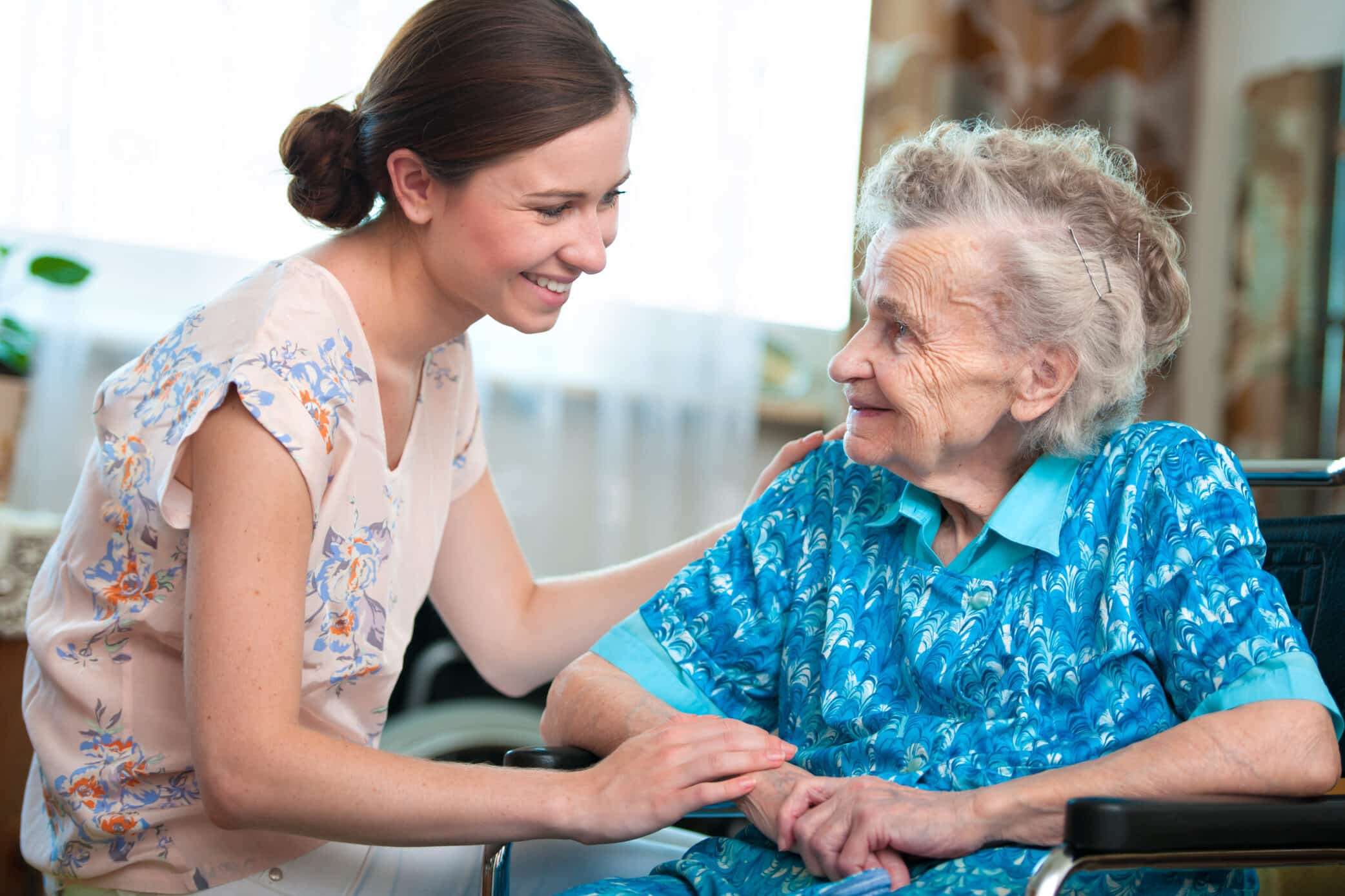Caring for a senior family member is one of the most generous things a person can do — but it can also be emotionally exhausting. Mental health in caregivers is often pushed aside until burnout becomes impossible to ignore. Mental health in caregivers can’t be neglected. The truth is, you can’t pour from an empty cup. Here’s how to stay resilient, protect your well-being, and care for others without losing yourself in the process.

Prioritize Self-Care Without Guilt
Let’s get one thing straight: self-care is not selfish. It’s survival. Research from Family Caregiver Alliance shows that caregivers are at a significantly higher risk for anxiety, depression, and chronic illness.
Even small habits matter. Aim for:
-
A few minutes of daily deep breathing or meditation
-
Short walks outside
-
Protecting your sleep like your life depends on it (because honestly, it does)
Remember, “I need time for myself” is a complete sentence.

Build Community: Support Systems for Mental Health in Caregivers
No one is meant to do this alone. Period.
Find your people:
Join a local or virtual caregiver support group. The National Alliance for Caregiving has excellent resources.
Schedule “off-duty” time when another family member, friend, or professional steps in.
Learn to say “no” without explaining yourself. Boundaries are healthy — and necessary.
Burnout thrives in isolation. Connection is your antidote.
Practice Mindfulness to Reduce Burnout

Mindfulness isn’t just a trendy buzzword; it’s a lifeline for overwhelmed caregivers.
Simple mindfulness practices can:
-
Help you stay grounded during chaotic moments
-
Improve emotional regulation
-
Lower cortisol (your body’s stress hormone)
Even mindful hand-washing, eating, or simply noticing your breath counts. If you want a structured way to start, check out free resources from UCLA Mindful Awareness Research Center.
Caring for others starts with caring for yourself. By embracing small but powerful habits to support your emotional health, you’re not just surviving — you’re showing up fully for those who count on you. Prioritizing mental health in caregivers isn’t indulgent; it’s essential. And you deserve support, too.

Ready to Care for Yourself, Too?
Your mental health matters. Prioritizing it isn’t a luxury — it’s a necessity. If you’re struggling to find balance or need additional support, remember you are not alone. Let us be there for you the way you are for your loved ones.
About the Author:
Sarit Hovav, M.D., FAPA, is a board-certified psychiatrist passionate about blending traditional and holistic strategies to promote emotional wellness. She believes that taking care of others begins with taking care of yourself — a core principle in supporting mental health in caregivers.

